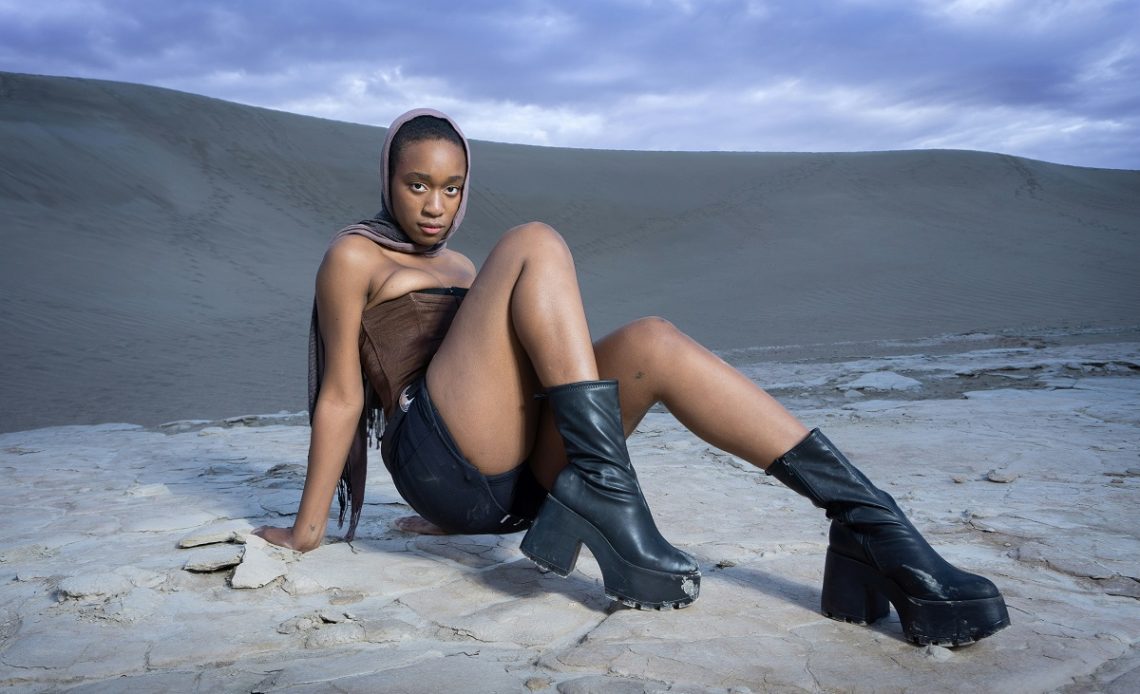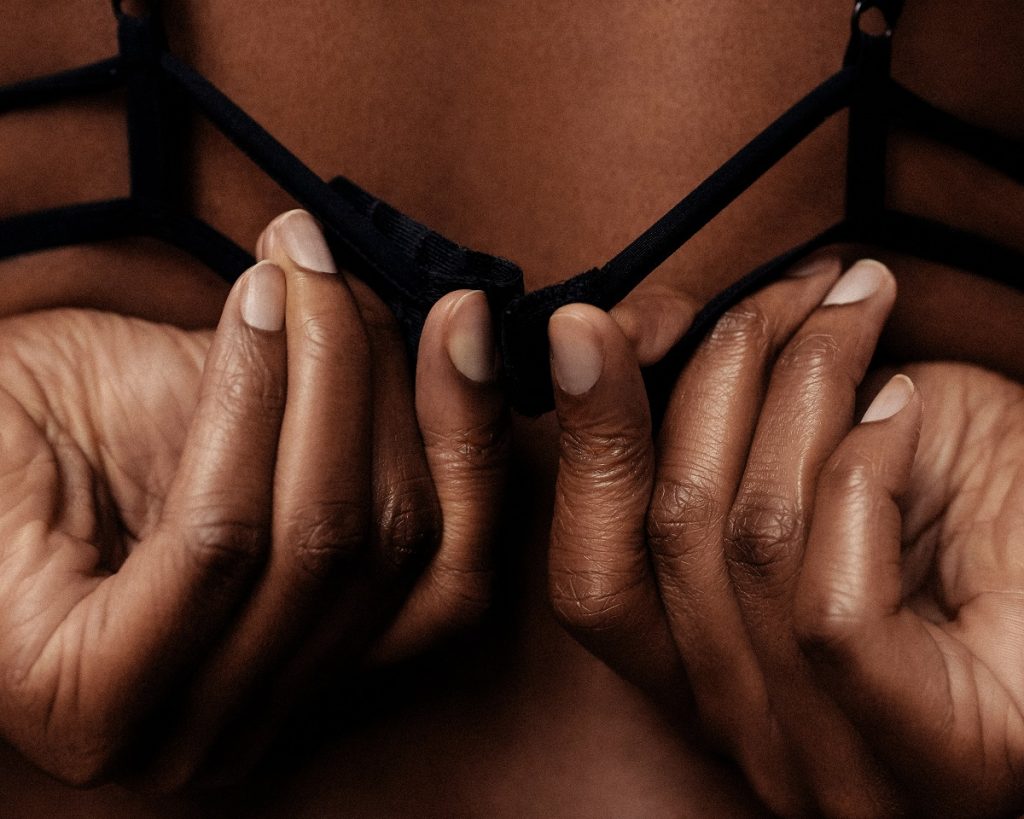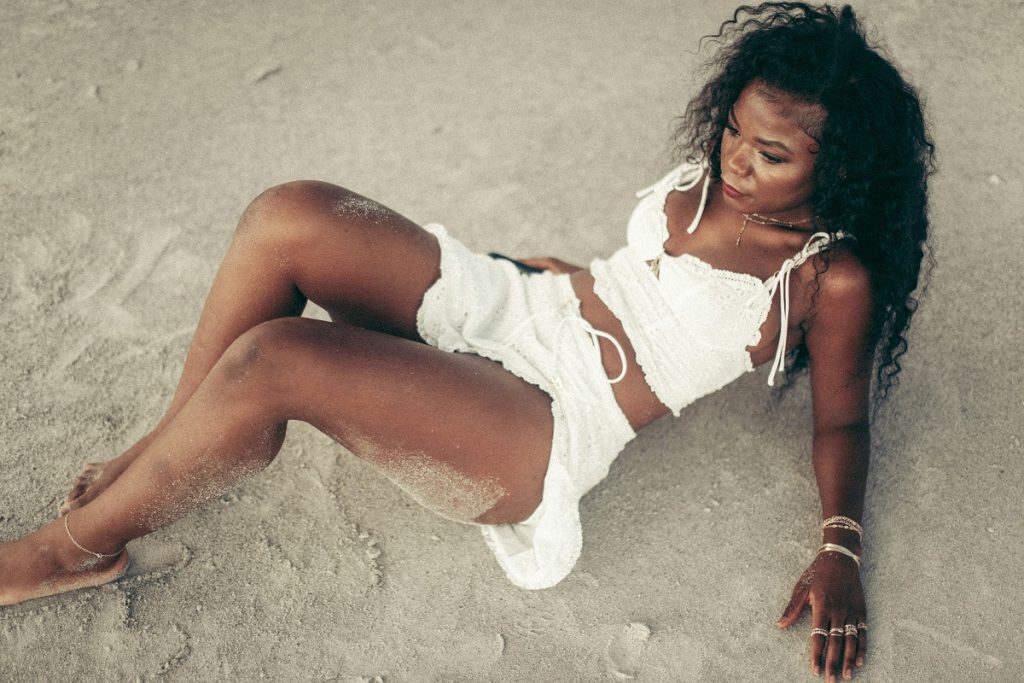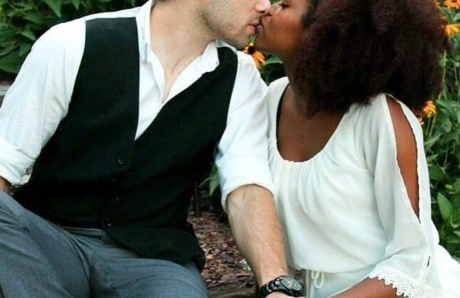
Men’s interest in black women seems to be growing, and it’s undeniable that black women possess many attractive qualities. However, it’s crucial to analyze the deeper nature of this interest. Recent observations raise legitimate questions: is it sincere admiration or a form of fetishization?
In this article, we’ll explore the different aspects of this attraction, providing food for thought and advice on how to better understand men’s perception of black women and challenge certain preconceived concepts.
Understanding fetishization: when attraction gets out of hand
Fetishization can be defined as giving excessive sexual importance to an object, person or body part. In the case of black women, fetishization goes beyond simple preference. It is a reductive and dehumanizing attraction, often based on stereotypes such as hypersexualization, submission, or the image of the emotionless “strong woman”.
Historical and socio-cultural roots
Historically, the black woman has been and remains saddled with the stereotype of debauchery, perceived as teasing, manipulative, tempting or immodest. This stereotype frequently associates her with the name Jezebel.
What’s more,the influence of the media has helped perpetuate these stereotypes, often presenting her as hypersexualized, using vulgar terms and reducing her to a “sex object”. Moreover, the power of colonization has only reinforced this grotesque image of the black woman.

Signs of fetishization (from a male perspective)
Before talking about the men’s point of view, we need to start by identifying the thoughts or behaviors that reveal fetishization. These signals include an interest focused exclusively on race, unrealistic expectations, a disinterest in individual personality, or a desire to “try on” a black woman as a mere experiment.
For example, some men admit to having had “fetishizing” attitudes toward black women. However, they admit to having become aware of them.
The consequences for black women
Fetishization clearly has effects on black women. Indeed, it provokes a feeling of being an object, an invalidation of individuality, an impact onself-esteem and intimate relationships.
Genuine admiration: a grateful gaze
Authentic admiration is based on respect for uniqueness, appreciation of beauty in all its forms, and recognition of the strength of character, intelligence, natural sensuality and cultural richness of black women.
What men really admire
There are many. They include :
- Diversity of beauty: Skin tone, hair texture, body shapes are sources of beauty and personal expression, and their diversity is an asset.
- Strength and resilience: Black women embody a remarkable strength of resilience and independence. Their ability to overcome challenges and engage in struggles for equality is a source of admiration for some men.
- Culture and heritage: Black women’s rich culture, history and vibrancy are admired by men.
- Emotional depth and connection: Some men seek sincere relationships, emotional connection and partnership that black women can offer.
Admiration differs from fetishization in that, in the case of admiration, interest in the individual as a whole takes precedence over appearance or origin. Admiration also takes into account the ability to question one’s own prejudices. Added to this is a willingness to listen and learn from the woman’s experiences.
Men’s words: nuances and multiple perspectives
Discussing the fetishization of black women could lead us to believe that male thinking is monolithic. But it’s crucial to emphasize that there is no such thing as a single “masculine way of thinking”. Men are diverse, with varied experiences, upbringings and attractions.
The influence of upbringing and environment
Personal experiences and exposure to different cultures act as lenses through which men perceive the world. These experiences shape their perceptions by influencing their values, beliefs, thought patterns and ability to empathize with women.
Today, it’s important for men to express themselves clearly about their needs and expectations. As for black women, it’s important that they have a space to ask questions and express their feelings without being judged.
Faced with the fetishization of black women, it’s every man’s responsibility to examine his own motivations andeducate his peers. In this way, every man shows himself ready to listen to and support black women, demonstrating empathy and solidarity with them.

For healthier, more respectful relationships: sexual preference or fetishization
First of all, it’s important for every man to examine the underlying reasons for his attraction to black women. Is it based on a real person or a fantasized image? Secondly, it’s useful to learn about the experiences of black women, beyond the stereotypes. By doing so, you’ll deconstruct biased images and recognize the diversity and complexity of their experiences.
Thirdly, men are advised to ask questions, listen actively and be open to dialogue. In addition, it’s crucial to always see the woman as a unique individual before any racial affiliation.
Advice for black women
Although the article is geared towards men, it’s also important to include women in this awareness. To women, trust your intuition. Often seen as an “inner voice” or “feeling”, it can help you avoid potentially dangerous situations. In addition, feel free to ask questions to find out why men approach you. Finally, it’s essential to define clear limits to your exchanges.
The importance of consent and reciprocity
All relationships, whether friendly, romantic or professional, must be based on mutual consent and deep respect for each other. Consent implies freedom of choice and clear agreement, without coercion, while respect implies consideration for each other’s limits, feelings and needs.
Ultimately, it’s clear that there are currents of thought that continue to reduce black women to sexual objects. The Jezebel stereotype, inherited from colonization and amplified by the media (notably video clips and phonography), persists in hypersexualizing black women. Nevertheless, it’s encouraging to see the existence of men with solid values, a good education and a genuine understanding of the needs of black women.







